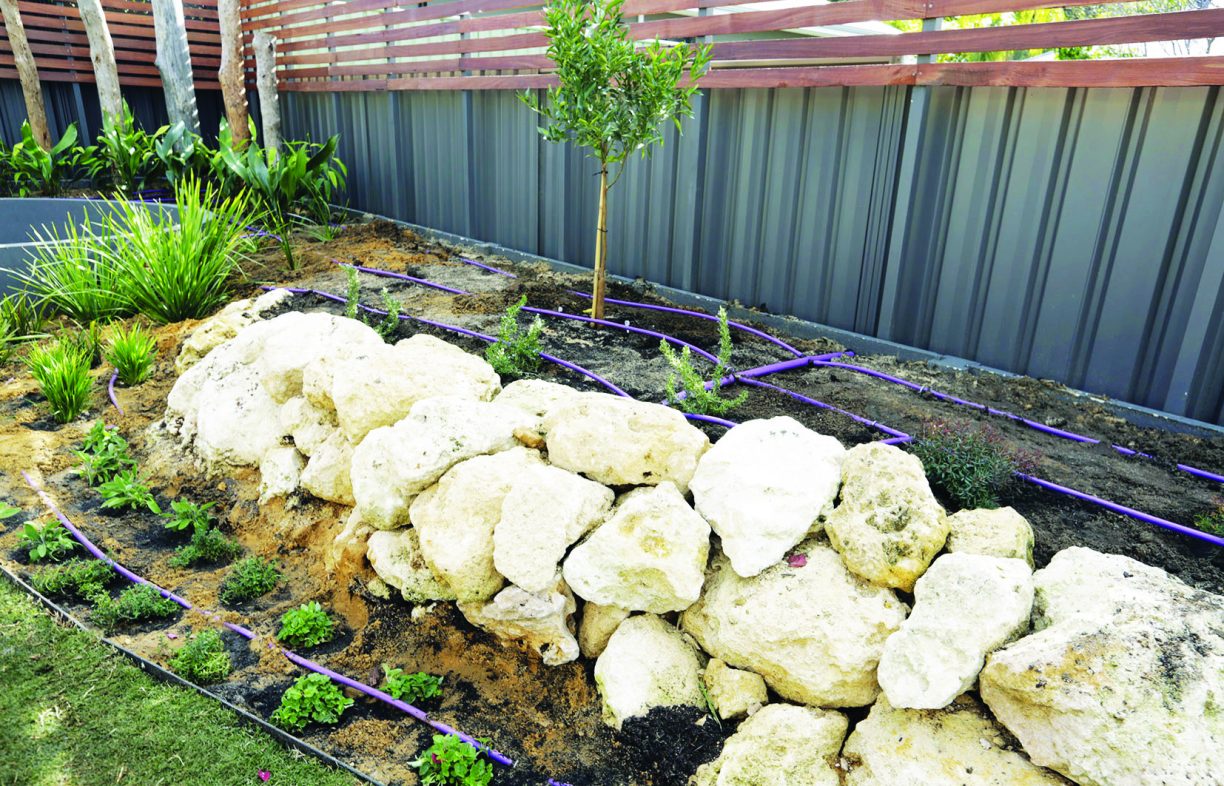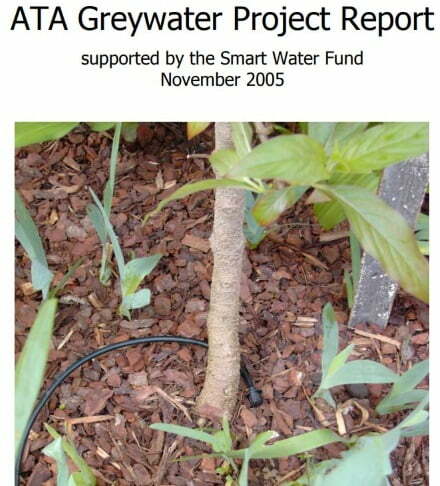Renew’s greywater trial

With funding from the Smart Water Fund, Renew, formerly the Alternative Technology Association (ATA), carried out a trial of six greywater systems in homes in Melbourne to assess the usability and health and safety issues of domestic greywater reuse.
Renew conducted the project in response to growing interest in greywater. Requests for information about greywater reuse were increasing as the community responded to rebates offered by the Victorian Government; the media focus on Australia’s ‘water crisis’ was ongoing; and industry interest was growing the water-conservation market.
Renew’s Smart Water Greywater Project provided valuable insights on the pros and cons of greywater reuse and the health, safety and regulatory issues faced by homeowners attempting to install and operate domestic greywater systems.
Key Project Findings:
- Greywater reuse has the potential to significantly reduce mains water use in private homes
- Greywater reuse demonstrably encourages broader water conservation behaviour and responsible chemical product selection, improving the health of the broader water cycle
- Despite the obvious benefits and the feasibility of using greywater as a watersaving measure, the research identified a number of potential challenges and barriers that need consideration
- Greywater treatment systems can be complex and consume high levels of embodied and operational energy. This may not be justified at the domestic scale in many situations
- Diversion systems, despite being the simplest, low-tech solution, need careful consideration of a number of issues in order to get the best results. However, with appropriate installation and management they can be used safely and effectively
- Expert advice is required to marry greywater output with the water needs of a garden
- Permanent greywater diversions are being installed by the community, generally without knowledge of local council consultation requirements and frequently without an understanding of the potential risks to human and environmental health
- Risks of harm to the environment or humans associated with greywater diversions are largely dependent upon levels of care taken by system owners
Some of the barriers preventing wide-scale uptake of greywater re-use are:
- Lack of awareness about greywater reuse possibilities and/or belief that domestic water recycling is important
- High cost of reusing greywater relative to the low (too low) cost of mains water
- Difficulty accessing consistent and accurate information about greywater reuse
- Narrow range of commercially-available greywater systems
- Onerous and expensive approval processes for treatment systems.


